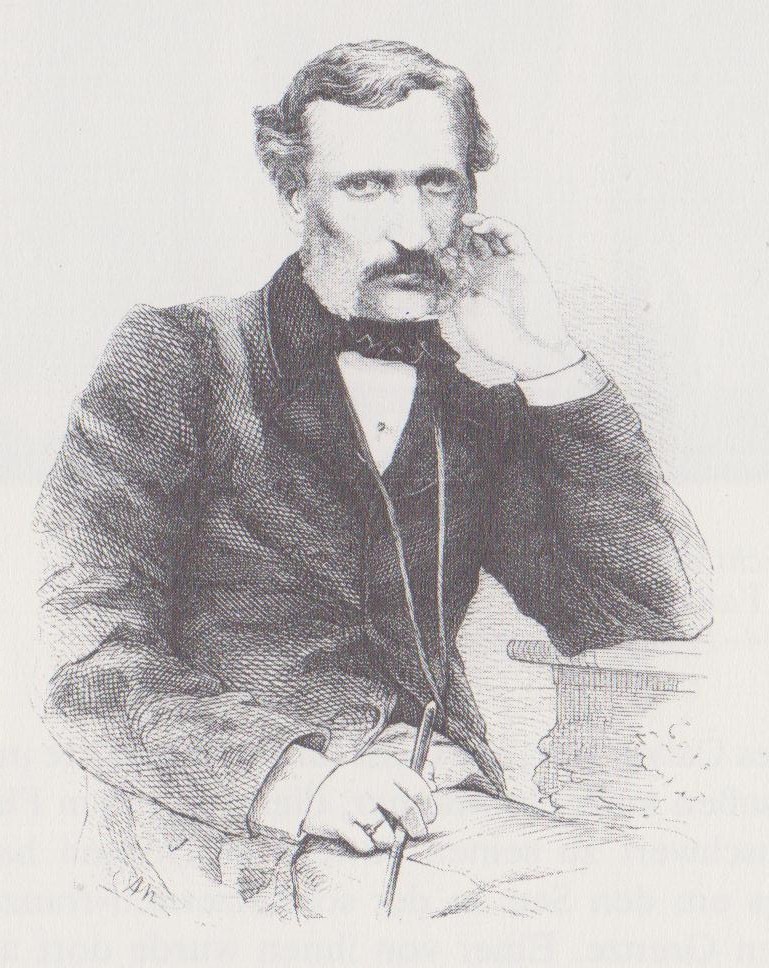Die Nacht (Strauss) on:
[Wikipedia]
[Google]
[Amazon]
"" ("The Night") is an art song composed by Richard Strauss in 1885, setting a poem by the Austrian poet Hermann von Gilm. It was included in the first collection of songs Strauss ever published, as Op. 10 in 1885 (which included also "

Zueignung
"" (translated as "Dedication" or "Devotion") is a ' composed by Richard Strauss in 1885 (completed 13 August), setting a poem by the Austrian poet Hermann von Gilm. It was included in Strauss's first published collection of songs, as Op. 10 ...
"). The song is written for voice and piano.
Composition history
In 1882, his friend Ludwig Thuile introduced Strauss to the poetry of Gilm contained in the volume ' (last leaves), published in the year of the poet's death (and the composer's birth) 1864, which contained the poem ''Die Nacht''. The Opus 10 songs were all intended for the tenor voice. Alan Jefferson wrote:Die Nacht is a song of trembling and yearning, a song tinged with fear that the night, which takes away the familiar shapes of daylight, will also steal the beloved...Strauss manages to convey the manner in which the all-embracing power of night is stealing so mercilessly over everything: first by the a powerful (though gentle) rhythmic beat; and then by the minor seconds (two adjacent black and white notes put down together) which create the effect of merging two objects into one until they resolve into something else, musically as well as visually...Die Nacht is a supreme example of Strauss's art.Norman Del Mar notes that the opening musical phrase for the line "" is very similar to the "wonderful oboe solo from
Don Juan
Don Juan (), also known as Don Giovanni ( Italian), is a legendary, fictional Spanish libertine who devotes his life to seducing women. Famous versions of the story include a 17th-century play, ''El burlador de Sevilla y convidado de piedra'' ...
, to be composed five years later".
Strauss recorded the song twice with himself at the piano: in 1919 with the Baritone Heinrich Schlusnus
Heinrich Schlusnus (6 August 1888 – 18 June 1952) was Germany's foremost lyric baritone of the period between World War I and World War II. He sang opera and lieder with equal distinction.
Career
A native of Braubach, Schlusnus studied with ...
, and again for a 1942 wartime radio broadcast from Vienna with tenor Anton Dermota.Getz, page 376.
Lyrics

References
Notes Sources * Norman Del Mar, ''Richard Strauss. A Critical Commentary on his Life and Works'', Volume 3, London: Faber and Faber (2009)968
Year 968 ( CMLXVIII) was a leap year starting on Wednesday (link will display the full calendar) of the Julian calendar.
Events
By place Byzantine Empire
* Emperor Nikephoros II receives a Bulgarian embassy led by Prince Boris (th ...
(second edition), .
*Getz, Christine (1991), ''The Lieder of Richard Strauss'', chapter 10 in Mark-Daniel Schmid, ''Richard Strauss Companion'', Praeger Publishers, Westfield CT, 2003, .
*Jefferson, Alan. (1971) ''The Lieder of Richard Straus''s, Cassel and Company, London.
*Trenner, Franz (2003) ''Richard Strauss Chronik'', Verlag Dr Richard Strauss Gmbh, Wien, .
{{DEFAULTSORT:Nacht, Die
Songs about nights
Songs by Richard Strauss
1885 songs